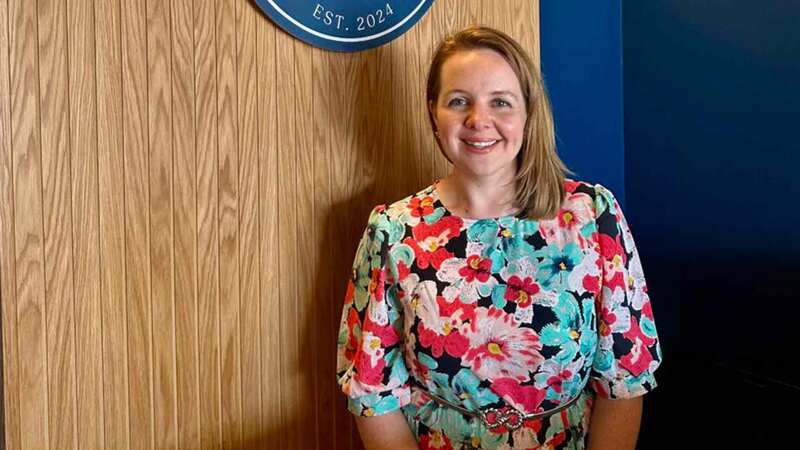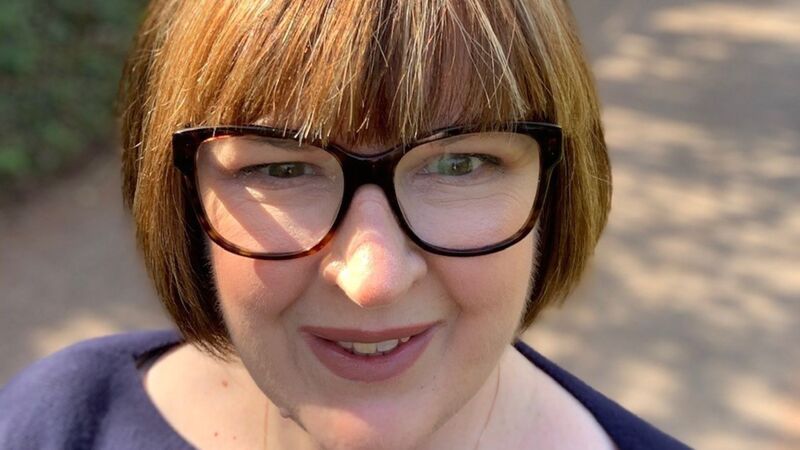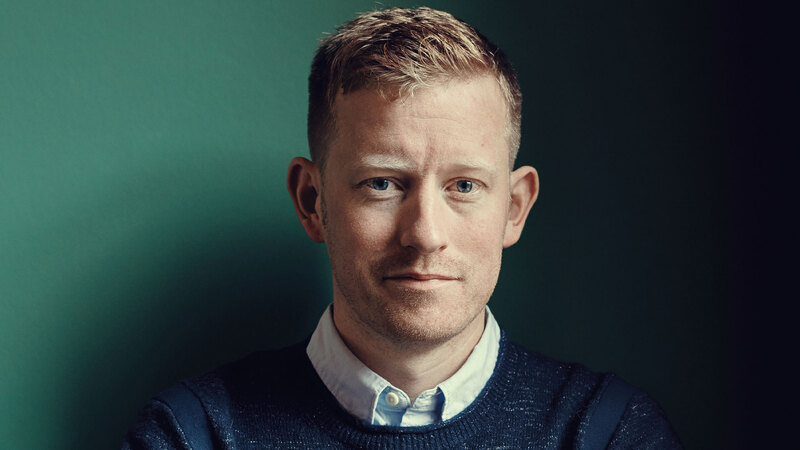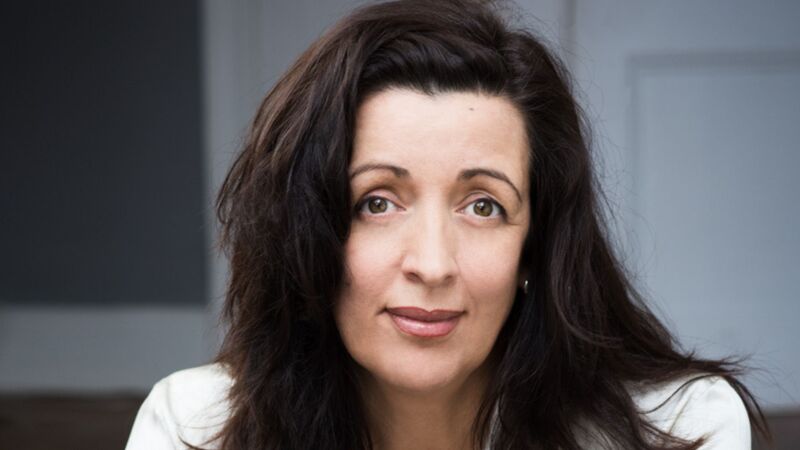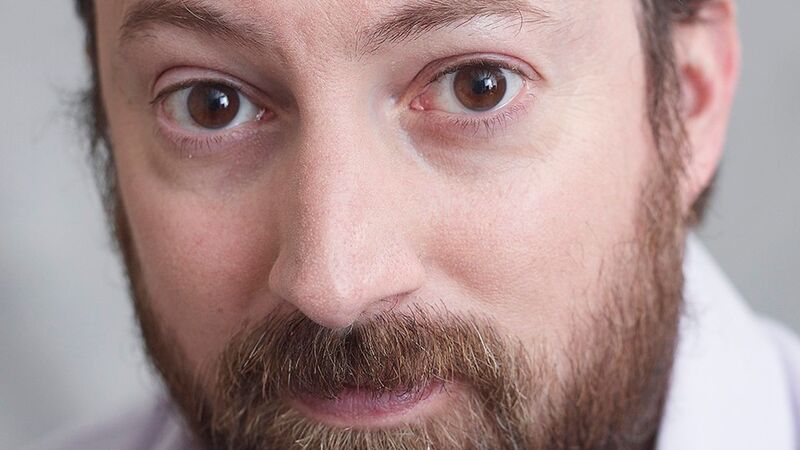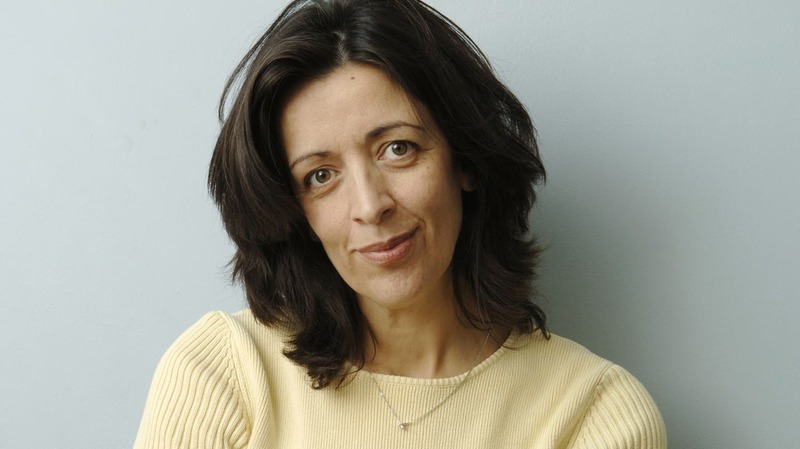You are viewing your 1 free article this month. Login to read more articles.
Doughty pleas with politicians to 'support copyright and libraries'
Apple Tree Yard author Louise Doughty gave an impassioned plea to politicians to support copyright and libraries at an event at the House of Commons last night (10th July).
Speaking at the Publishers Association's Summer Reception on the Terrace Pavilion, the bestselling author said copyright must continue to be protected as the UK embarks on a new trading era. Without it, authors like her wouldn't exist, she said. The Faber writer also called for the "powermongers in the room" to support libraries, which have faced widespread closures since austerity measures in 2010.
"Without copyright we don't have a publishing industry and we certainly don't have authors like me, I wouldn't be standing here today without proper copyright support," Doughty told the room. "I would like to add that the other linchpin - and I'm talking to the powermongers in the room here - a) support copyright but b) please, please continue to support our public libraries. There were very few books in the house I grew up in, there were certainly no novels and I discovered fiction in my local public library in the small town where I grew up, so support for public libraries and education comes hand in hand with support for copyright law."
The event marked the publication of the PA's report on publishing's wider contribution to other creative industries released yesterday, showing that films based on books take 44% more at the box office in the UK and 53% more worldwide than original screenplays.
Doughty also praised publishers, who she said "take on all the risk" when it comes to commissioning new work. Her 2013 thriller Apple Tree Yard was adapted as a four-part BBC drama series last year.
"As a novelist if you sell two, three thousand copies of your hardback, maybe five thousand if you are lucky you are very pleased. Good sales on a paperback might number in the tens of thousands, if you're lucky and you're a bestseller then you might make it into the hundreds of thousands, but TV - 'Apple Tree Yard' met eight million people per episode. It is one of the few occasions where the novelist has the opportunity to cross over if you like and become part of the national conversation," she said.
"All authors want a degree of commercial success. Not just because we want the money although the money is nice, but because it is that kind of commercial success that funds future novels. Without it we can't pay our mortgages, we can't put food on the table. Every author knows that, but that on it's own is not enough. You also have to write a lucky book and Apple Tree Yard was lucky on several levels: first of all it was lucky in being published by Faber & Faber, who did the most amazing job even before the glamour of TV came knocking. Then it was lucky because the rights were optioned by Kudos TV and lucky for a third time when they sold an adaptation to BBC1.
"But the linchpin of that whole process from me sitting in my room being a bit of a saddo to the glamour of the screen was being published. Publishers are the people who take the first risk on a book. I am very lucky in that I am now at the stage where my books get sold in advance...not all authors are in that position, but even if they sell the book when it is finished it is still the publisher who has to make the first outlay. It is the publisher who pays the advance, however modest, it is the publisher who takes on all the risk of publication."
Other speakers on the night were Hachette chief executive David Shelley, PA chief executive Stephen Lotinga and chair of the All Party Parliamentary Group on Publishing, Andrew Lewer MP.
The PA's research conducted by Frontier Economics found that films based on books took 44% more box office revenue in the UK (£5.4m) and 53% more globally ($91m or £68m) than those based on original scripts.
Meanwhile, 43% of the top 20 box office-grossing films in the UK between 2007 and 2016 were based on books, with a further 9% based on comic books.
“In short, published material is the basis of 52% of top UK films in the last 10 years, and accounts for an even higher share of revenue from these leading performers, at 61% of UK box office gross and 65% of worldwide gross," it read.
The research also suggested that adapted films tend to perform better, particularly in terms of critical success, because films can “leverage the popularity” of bestselling or well-known books through an existing audience. Films adapted from books also tend to have a richer, more fully-developed story to draw on, it said.




